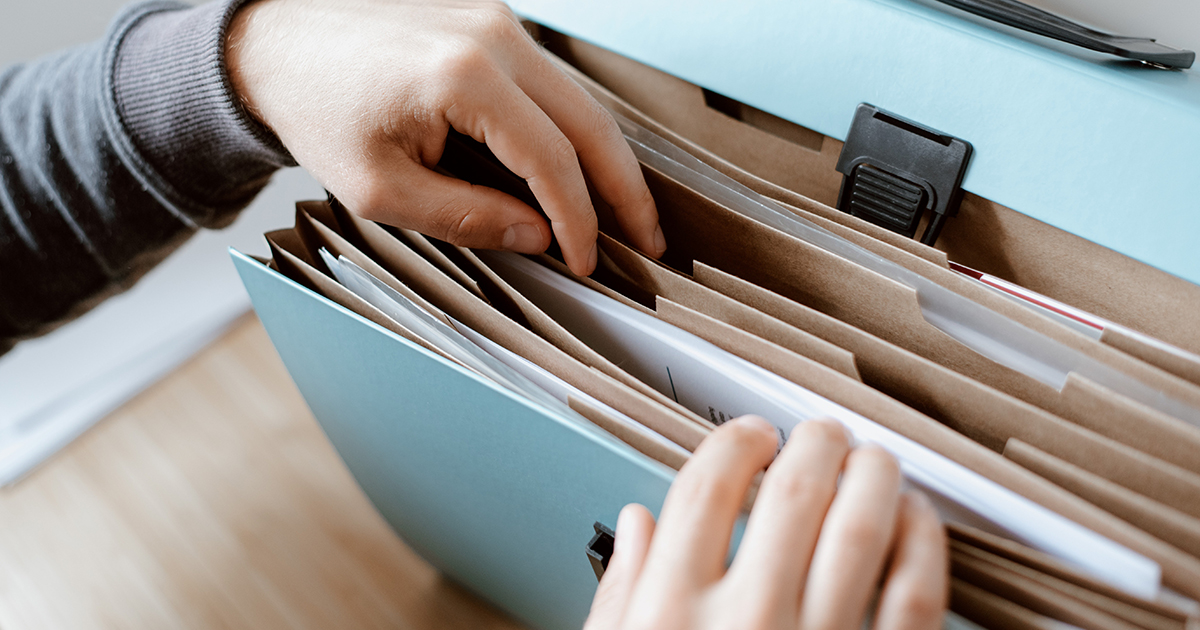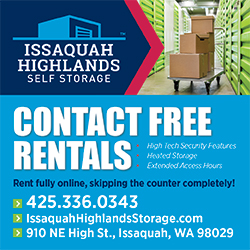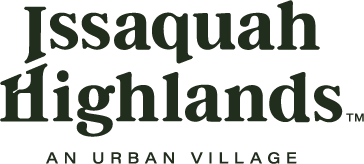
In the case of an emergency, it’s essential to gather and organize your important documents. You may want to put copies in your emergency kit and keep originals locked in a safe location. You will also want to make digital copies as a backup and store them on a USB drive inside of your “Go Bag.”
There is a wealth of information on the internet about the topic of important documents. When I am working with my clients, I find that providing an easy-to-follow list almost always equals success.
Overall, being prepared helps reduce any stress you may have about the possibility of a future emergency. And having all of your important documents and records in one location is helpful for many situations.
Once complete, this part of an emergency kit is constantly in use, so it’s definitely worth the energy and time it takes to organize everything. I recommend using a heavy-duty binder or a fireproof organizing case. My personal favorite has a zipper closure and lock for extra security. Start with the list below and make sure to update regularly.
-
- Driver’s license, student ID or other photo ID
- Passports
- Birth certificates
- Marriage license or divorce decree
- Social Security cards
- Immigration documents
-
- Records (especially for those with medical conditions)
- Insurance cards
- Immunization records
- Physician and specialist contact information
- Copies of current prescriptions
- Create a medical information card for each household member
- This will include full name, date of birth, medical condition(s), medications, blood type, allergies, emergency contact and doctor’s contact information
- Keep a copy in your wallet as well
- This will include full name, date of birth, medical condition(s), medications, blood type, allergies, emergency contact and doctor’s contact information
-
- Mortgage papers
- Banking and credit card information
- Insurance policies
- Retirement and investment accounts
- Land or house deeds
- Government or military benefits
- Contracts
- Vehicle registration and titles
- Tax returns and property tax statements
- Financial obligations (utility bills, housing payments, etc.)
-
- Living will
- Trust
- Power of attorney
- Any other estate planning documents
This is a general list to get you started, which you may need to adjust based on the needs of your household. And as I mentioned above, make sure all of your paperwork is complete and up to date. For example: you will want to quickly update your kit if you have a change in residence, insurance, marital status or the birth/addition of a new family member.
I recommend setting time aside to go through your home to inventory and take photos of everything for any insurance claims.
I hope some of these tips have made this task feel less daunting. Once it’s done, it truly feels like a weight has been lifted—even if you never even realized it was missing. If you need more help, you can also find a great printable checklist here.
Next month, we will go over comfort items! These will make any emergency less chaotic and stressful. Being able to uplift the mood of your group is invaluable.
Johnna Masterson is owner of Inspired and Organized, and a Central Park resident.





